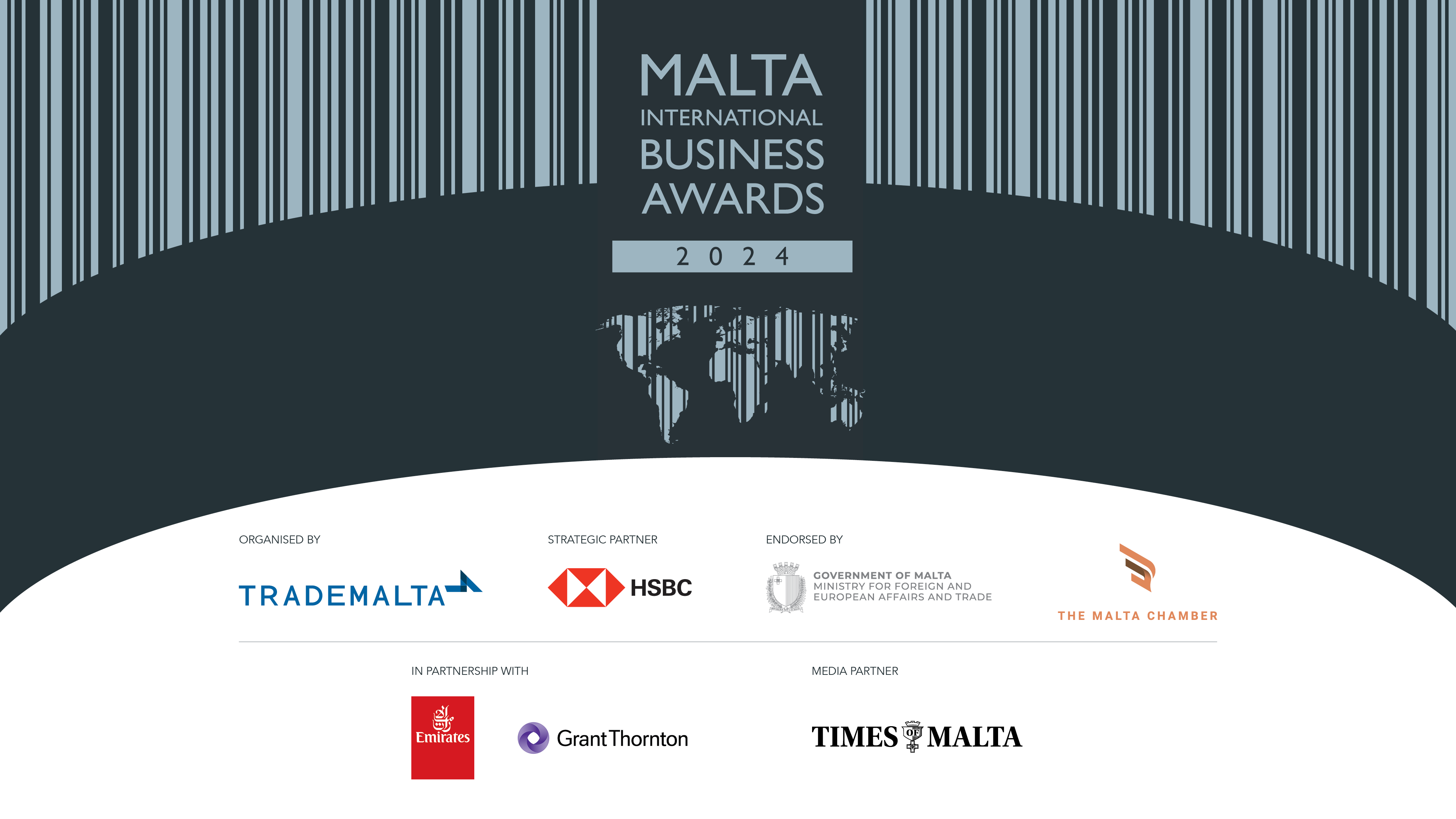

2021 was very much a year of reckoning. It started off with all the hope that the delivery of the first batches of a Covid vaccine brought, particularly to the more vulnerable segments of the population. But by mid-March case numbers and hospitalisations had reach such alarming levels that we went into a second partial lockdown overnight. As summer approached, it was clear that we had to rely on vaccines to contain the pandemic, and that business had to operate, even if with some restrictions, if we wanted them to survive. The Chamber supported several business sectors with negotiating workable compromises and with securing the necessary financial support to survive this difficult period. A long list of recommendations, including many sector-specific measures, were put forward in The Chamber’s budget proposals for 2022, and several were taken up by Government. It became apparent that a major rethink of our tourism industry was required, and The Chamber embarked on the drafting of ‘Rediscover: a New Vision for the Tourism Industry in Malta’ that was published in November 2021.
While we looked to the summer with some optimism, FATF’s decision to greylist Malta meant that there was another fire to extinguish. The broad consensus was that the impact of this could be contained in the short-term, but that getting off the list as quickly as possible was of paramount importance. The banks, the Malta Business Registry and the FIAU ramped up their efforts to enforce compliance requirements to address the concerns of effective implementation of an otherwise solid legal and regulatory framework raised by the FATF. Financial service practitioners were overwhelmed, and compliance costs shot up for just about every business. The Chamber was very much engaged in assisting both the authorities and businesses, particularly corporate service providers, in understanding the challenges on either side, and in implementing systems and procedures that were sensible, consistent, and clearly communicated.
Manufacturers and importers struggled with supply-side bottlenecks that saw transport costs spike to unprecedented levels, while lead times grew longer and more unpredictable. The impact of Brexit added salt to this wound. Costs of raw materials were next to shoot up, as business scrambled to secure supplies against the backdrop of global shortages in key raw materials and critical components such as microchips. The Chamber maintained open dialogue between manufacturers and importers, and logistics companies, ensuring that all parties understood the challenges ahead and took the necessary measures to minimise the risk of disruption to their business and to factor in the anticipated increases in costs in their pricing strategies.
The world economy was recovering from the deepest recession in recent history in record time. Labour shortages became the next challenge for economic recovery, particularly since third countries were still grappling with high Covid numbers and low vaccination rates while more advanced economies were trying to ramp up their output. In August 2021, the Chamber published its position on a ‘National Workforce Strategy’, a document that provides an array of policy recommendations to attract, retain, upskill and nurture talent – undoubtedly one of the key challenges today and in the years to come.
Energy costs were the next sore point, as Europe found itself having to settle for an energy taxonomy that includes both nuclear and gas while Russia kept tabs on its gas deliveries to Europe against the backdrop of rising tensions with Ukraine. By the end of 2021, inflation was Europe’s major headache. Locally, the prospect of a hedging agreement for gas that runs up to March 2022 presented a major fiscal and political challenge. The Government’s commitment to subsidise energy costs for both households and businesses for as long as possible, together with the proposal to introduce a Government-funded compensatory mechanism for those whose living standards will be compromised by abnormally high increases in the cost of living, are key to ensuring that we do not enter into an inflationary spiral that will compromise long-term competitiveness. The Chamber was actively engaged in discussions with Government and other constituted bodies throughout 2021 to ensure that these challenges are managed with reasonableness and due consideration to competitiveness.
While all this was happening, the OECD managed to secure the commitment of every country that matters for a minimum tax rate of 15% for multinationals having an annual turnover in excess of €750 million. The implementation of this will necessitate a rethink of Malta’s corporate tax framework, the development of a new strategy to attract FDI and a repositioning of our financial services industry. The Chamber is, and will continue to be, at the forefront of discussions on these matters to ensure that Malta continues to be an attractive location for business.
Read the full version of the Annual Report 2021/2022 here.
...
...


...

...
